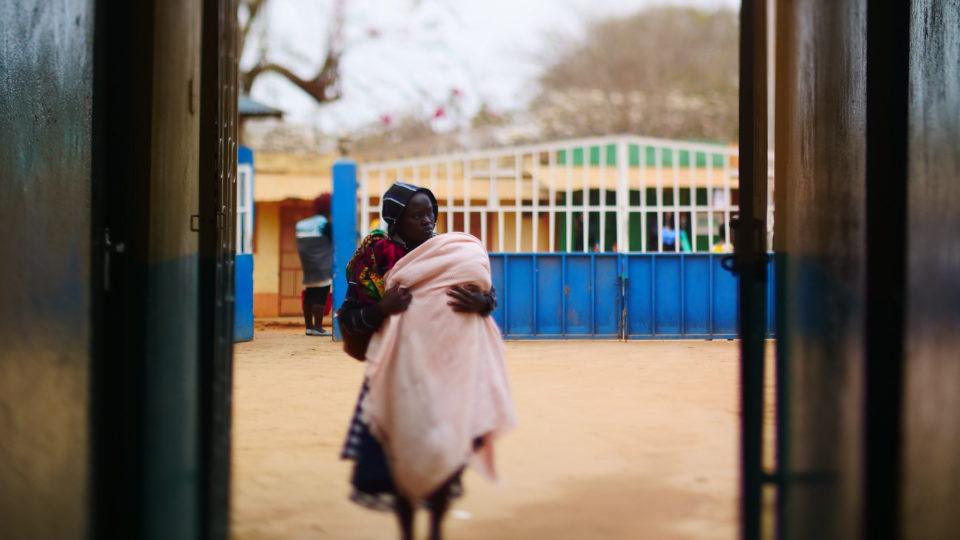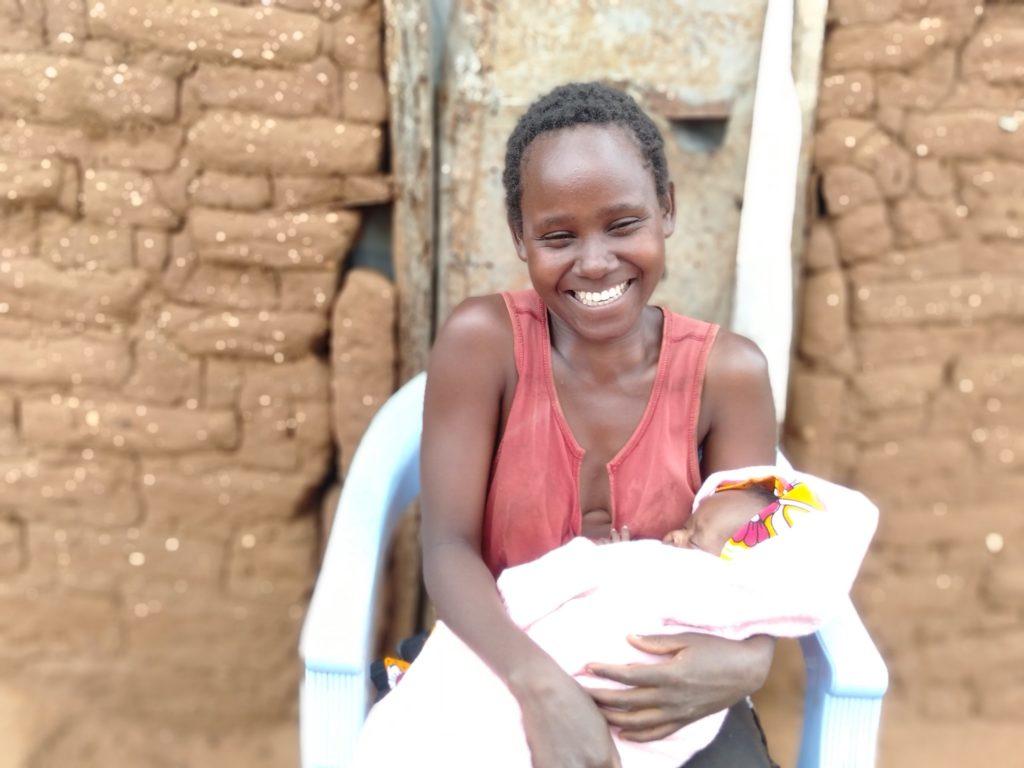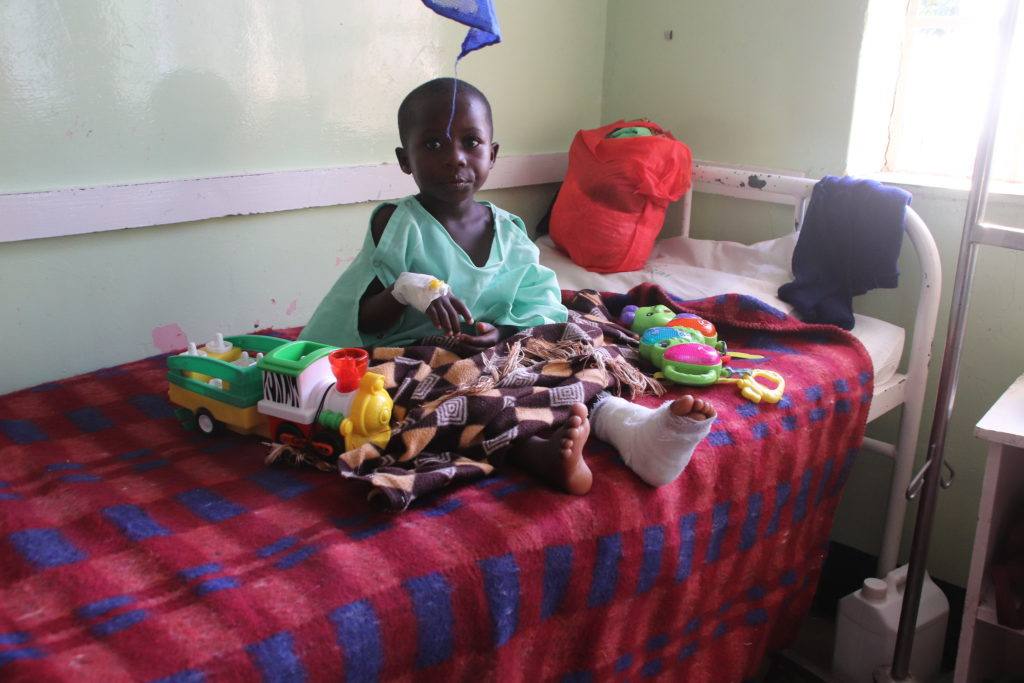Language and Barriers

Abigail Zielinski recently served as a volunteer nurse at the Mutomo Mission Hospital in Kenya. Before completing six months in the field, she wrote the following piece. In it she describes how one major challenge revealed an important lesson about language and compassion.
I have been volunteering as a nurse in the adult and pediatric wards of the Mutomo Mission Hospital in Kenya. There are two main languages spoken in this region—the national language of Swahili and the local language of Kikamba. The languages are very different but as a beginner, they often sound the same to me and are difficult to learn.
After six months, I can speak a few greetings in Swahili—“Asante” means thank you. I understand more words than I can speak, which I’m told is because of my accent. Still, the adults I work with, especially the older women, appreciate the attempts I make at speaking with them in their language. At the very least, my unintentional mispronunciations make them laugh and smile.
The language barrier between my patients and I has been one of the most challenging parts of volunteering in a different country. It also has been, in some ways, one of the most rewarding. It has taught me that words are not always needed to make a person smile. It’s our actions that help forge meaningful connections with people, even when you cannot communicate verbally. Sometimes, people just need to know that someone is there to be with them and care for them.
With children, very few words are needed to understand what they’re feeling. I can see their joy and I can see their pain. One of my favorite memories is of a child tugging his mother down the hall, speaking excitedly with a smile. The expression on his face needed no interpretation and brought joy to those around him.
Unfortunately, another feeling that doesn’t need translation is sorrow. One of the hardest things I’ve experienced was offering comfort to a grieving parent who will never be able to bring their child home again. Joy, sorrow, and other emotions do not always need translation, but words can help bring a deeper understanding.
When words are necessary, a translator helps me answer questions and speak with my patients. One night a patient spoke with me through the translator, “I wish that you spoke Kiamba so that I could speak with you. Thank you for what you have done.” Moments like these leave me with a heightened appreciation for the ability to share a conversation with someone.
Overall, I’ve learned just how beautiful language is—whether spoken with words or communicated through emotion.

